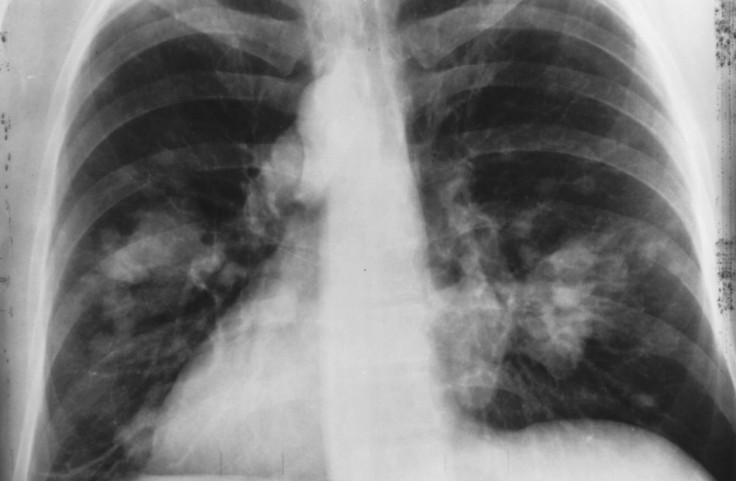Clinical Trial Launched to Test Breast Cancer Drug Against Advanced Lung Cancer

A clinical trial using an experimental drug originally designed to treat breast cancer is being launched in the UK, for patients with advanced lung cancer.
The drug, called olaparib, is a type of treatment called a PARP inhibitor and will be given to patients with non-small cell lung cancer (NSCLC) after chemotherapy, to see if it delays the growth of their tumour.
Kate Law, director of clinical research at Cancer Research UK, said: "We're increasingly seeing that drugs originally designed for one type of cancer are proving to be effective for many other types."
She added: "It's through research that we've seen how this PARP inhibitor could be effective in other cancers that have faults in their DNA repair mechanisms. We're now taking this knowledge from the lab to see if and how it can help cancer patients."
The trial is in its second phase and will recruit over 100 people with advanced NSCLC.
The phase II trial will recruit over 100 people with NSCLC at 25 hospitals around the UK. The project is being funded by Cancer Research UK and AstraZeneca, a British-Swedish multinational biopharmaceutical company in London.
It is being coordinated by Cancer Research UK's Wales Cancer Trials Unit at Cardiff University and Velindre NHS Trust in Cardiff.
Patients will have chemotherapy first and those who respond will be then given olaparib or a placebo. The participants will be closely monitored to see how long the drug prevents their tumour from growing.
Approximately half of NSCLC patients have faults in one of the ways in which they repair DNA damage. Previous research has revealed that adding a PARP inhibitor makes it even harder for the cancer to repair this damage - ultimately killing the lung cancer cells by targeting their key weakness.
In addition to lung cancer treatments, olaparib is being tested in third phase trials for ovarian and stomach cancers.
Professor Dean Fennell, the chief investigator based at the University of Leicester, said the need for improved treatments for lung cancer patients is paramount.
He said: "We urgently need better treatments for patients with lung cancer – just 30 per cent of them survive for a year after being diagnosed. We hope that using this drug that was originally developed for breast cancer will slow the progression of lung cancer, improving the quality of life for our patients."
Around 42,000 people are diagnosed with lung cancer every year in the UK and it is the most common cause of cancer death.
© Copyright IBTimes 2025. All rights reserved.






















